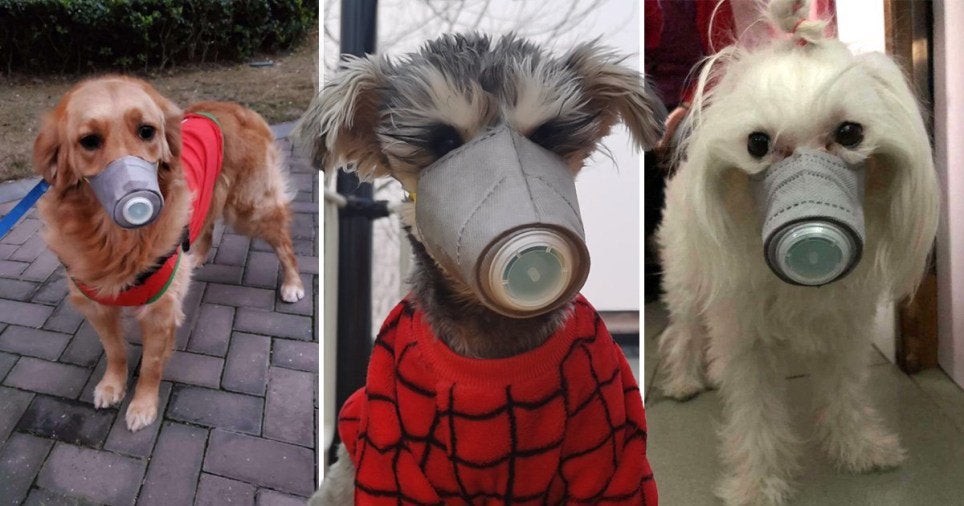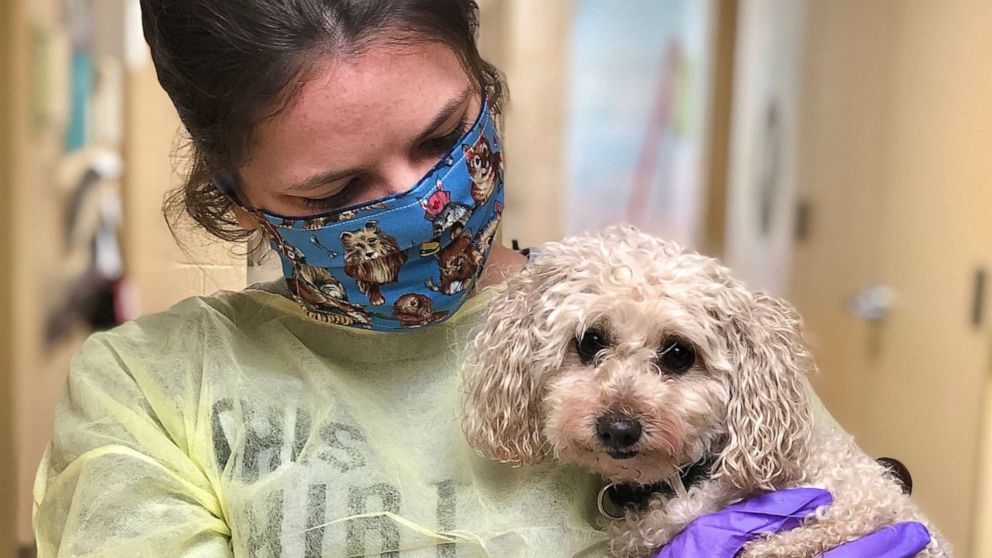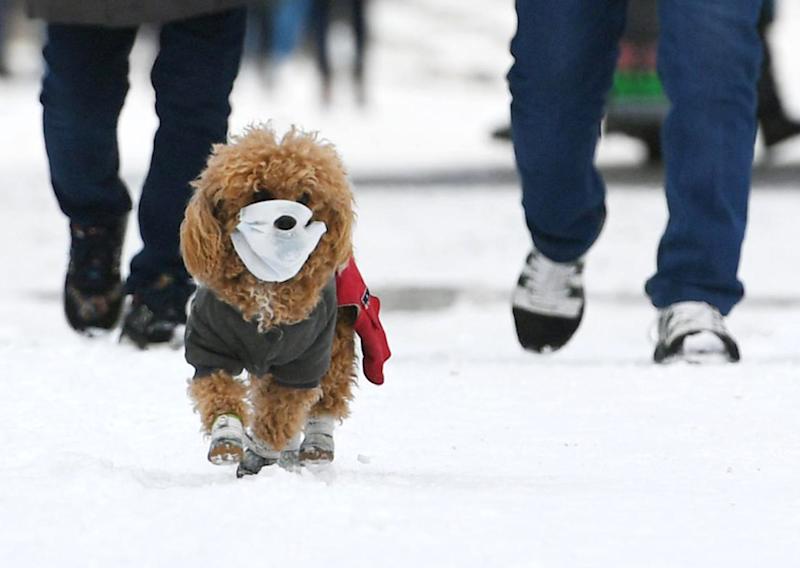In March 2020, the World Health Organization reported that a new corona virus had spread worldwide. In the panic over its spread, people worried not only about their own health but also about their pets’ health. dogs, cats, and other animals. Can dog get corona virus?
While there is no evidence that canine coronavirus (COVID-19) threatens dogs, they can still test positive for the virus. It has been known for decades that dogs can contract coronavirus. The novel coronavirus is not believed to be a threat to humans, but it can cause illness in animals.
Two dogs in Hong Kong have tested positive for the new strain of coronavirus (COVID-19) that is related to SARS. Both dogs live in homes with Corona virus positive owners, and local health officials characterize the cases of the two dogs as “likely to be a case of human-to-animal transmission” because they are living with corona virus patient but Neither dog displayed any signs of illness from the virus.

In Hong Kong, officials have said that the findings from testing indicate that pets are not easily infected with this virus and do not play a role in spreading it.
The World Health Organization has stated that “Covid-19” is mainly spread through droplets produced when an infected person coughs, sneezes, or speaks. The Center for Disease Control and Prevention (CDC) says that “while this virus seems to have emerged from an animal source, it is now moving from person-to-person; due to this, it is not logical to now think pets is the source of infection of this virus.
Table of Contents
Can Dog get Corona virus?
According to the Centers for Disease and Control, yes, dogs can get corona virus. In fact, there have been reported cases of dogs and cats that have been infected with the virus. The good news is that most of these animals have contracted it from a person who was already infected. So far, this has been a rare occurrence.
Sign to watch out for if your Dog has Corona virus
Your dog has a high fever. Your dog should have a normal body temperature between 100-102 degrees Fahrenheit. If your dog’s temperature is higher than this, you may want to take him to the vet for treatment. Your dog has a cough that lasts longer than seven days or is accompanied by other signs.

Your dog is vomiting blood or having diarrhea with blood present in the stool. Your dog has difficulty breathing or has shortness of breath, has eye discharge, is sneezing and has a runny nose or unusual sluggish.
How to protect your Dog from the virus
To protect your pet from the corona virus, don’t let your dog or cat interact with people or animals outside your household. Some ways to do this include: Avoid dog parks and other places where many people and pets gather. When walking your dog, make sure it wears a leash and keep it at least six feet or 2metre from other animal or human.

Social distancing measures can help prevent the spread of diseases such as corona virus. To practice social distancing, walk your dog in uncrowded areas and maintain a minimum of six feet between other people and animals.
What to do if your dog has the virus
It is important to maintain a healthy lifestyle for your pet. A good diet is crucial to its health. When choosing dog food, it is important to consider what symptoms indicate that your dog has the coronavirus, not just what symptoms they are currently experiencing. however, any illness should be checked by a veterinarian.
If your dog does have the virus, immediately isolate him or her in a closed area of your home for 14 days (if he or she is comfortable there). To ensure your pet recovers, you should make sure that he or she stays isolated.




